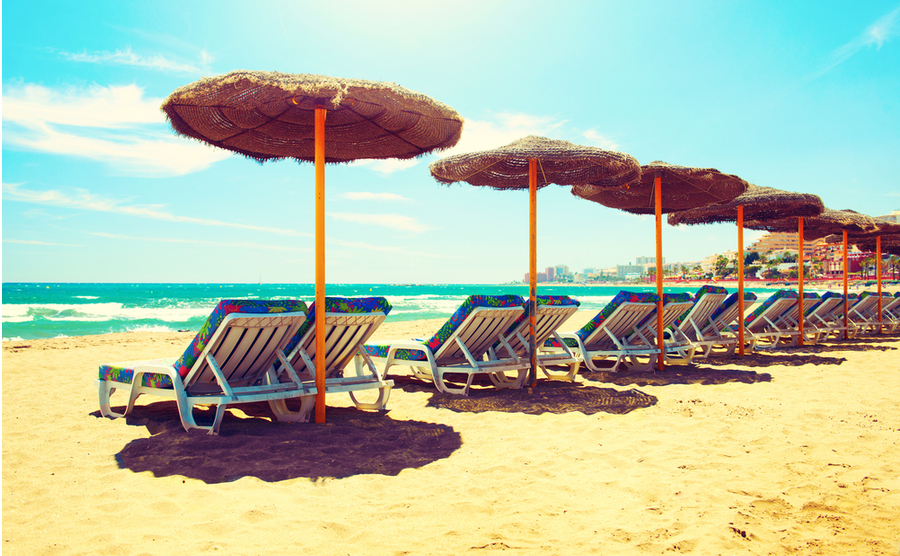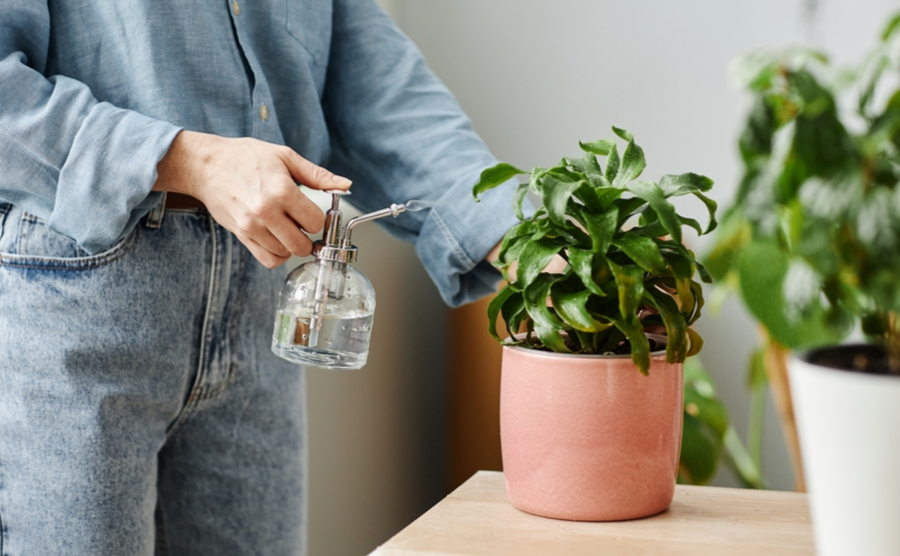Spain has suffered from a substantial lack of rain this summer. We look at how Spain is trying to preserve its water. Plus, hear from Sally, our writer in Spain, on how to be cautious about water consumption in your own Spanish home.

We love Spain for being warmer than the UK, but its unrelenting sun and the absence of rain is becoming a problem.
Spain, like much of southern Europe, has experienced high temperatures this summer and the lack of substantial rain. The coolest region was in the northwest but even here temperatures were higher than is normal. It seems that we will have to get used to summers like this and some of the restrictions that will need to be brought in to safeguard the Spanish lifestyle.
Find homes in Spain via our property portal.
What restrictions are already in place?
At present, five of Spain’s autonomous regions have already brought in some restrictions regarding the use of water: Aragon, Catalonia, Galicia, Extremadura and Andalusia.
Galicia, traditionally the wettest part of rain, has been obliged to bring in restrictions on water usage due to the large influx of tourists, many from other parts of Spain, seeking cooler climes.
In most municipalities, water usage has been restricted but without seriously affecting homeowners. You can’t water your lawn or refill your swimming pool, wash your car, or use sprinklers. But to be honest, these requirements have not taken too much getting used to. You can water plants in pots with a watering can. You can still enjoy showers, though best to avoid baths, and water for cooking and other daily needs remains on demand.
Some places have put a daily consumption limit per household, but these are not overly difficult to comply with. My top tips would be to stick to showers, use washing machines and dishwashers only when full and preferably during hours with a cheaper tariff.
Other restrictions coming into force
The construction of golf courses is under review. In Murcia, for example, permits for new courses have been postponed. This covers some areas of several provinces, Albacete, Jáen, Alicante and Almería and affects some twenty planned projects.
In addition, showers on some beaches will be turned off to preserve water supplies.
Farmers too, are having to review their use of water. In many cases, wells are drying up and as a result less produce can be grown. No doubt, this will lead to a rise in prices as is already the case with olive oil, which has increased significantly this year to the highest seen in 26 years. The lack of rain and the higher temperatures have affected the olive trees and their output. Spain is the largest producer of olive oil, but it is not the only country to experience this problem: Italy and Greece and even Morocco are also affected. Added to that, the Ukraine War has resulted in a low production of sunflower oil and olive oil is being used to replace it. It does look as though we will be paying high prices for our olive oil for some time to come.
It is likely that further restrictions will be brought in: no watering of sports fields, no water used to clean streets, restrictions on industrial water usage and for agriculture.
How to save water at home
Saving water in the home seems fairly straightforward. Swap your bath out for a five-minute shower. However, what about all that water that goes down the drain while you are waiting for the water to warm up? Have a bucket handy to catch the cold/cooler water and use it to water your plants.
Other top tips:
- Make sure your washing machine and dishwasher are full before switching them on. Economy modes often use more water, so better to set them to a quick wash.
- Use residue water in kettles and coffee machines for pot plants.
- Buy a water butt: when it finally rains you will collect fresh water for your garden or terrace.
- Reduce the water pressure in your toilet by turning the “water off” tap down a little. It will still flush but will use less water each time.
We can all do a little to help preserve Spain’s precious water supply and the dwindling reservoirs. If we get a lot of rain this autumn/winter, things should improve but don’t count on it. As it stands, daily life is largely unaffected but don’t be surprised if some local municipalities reduce household consumption as a temporary measure.
You might also like:












